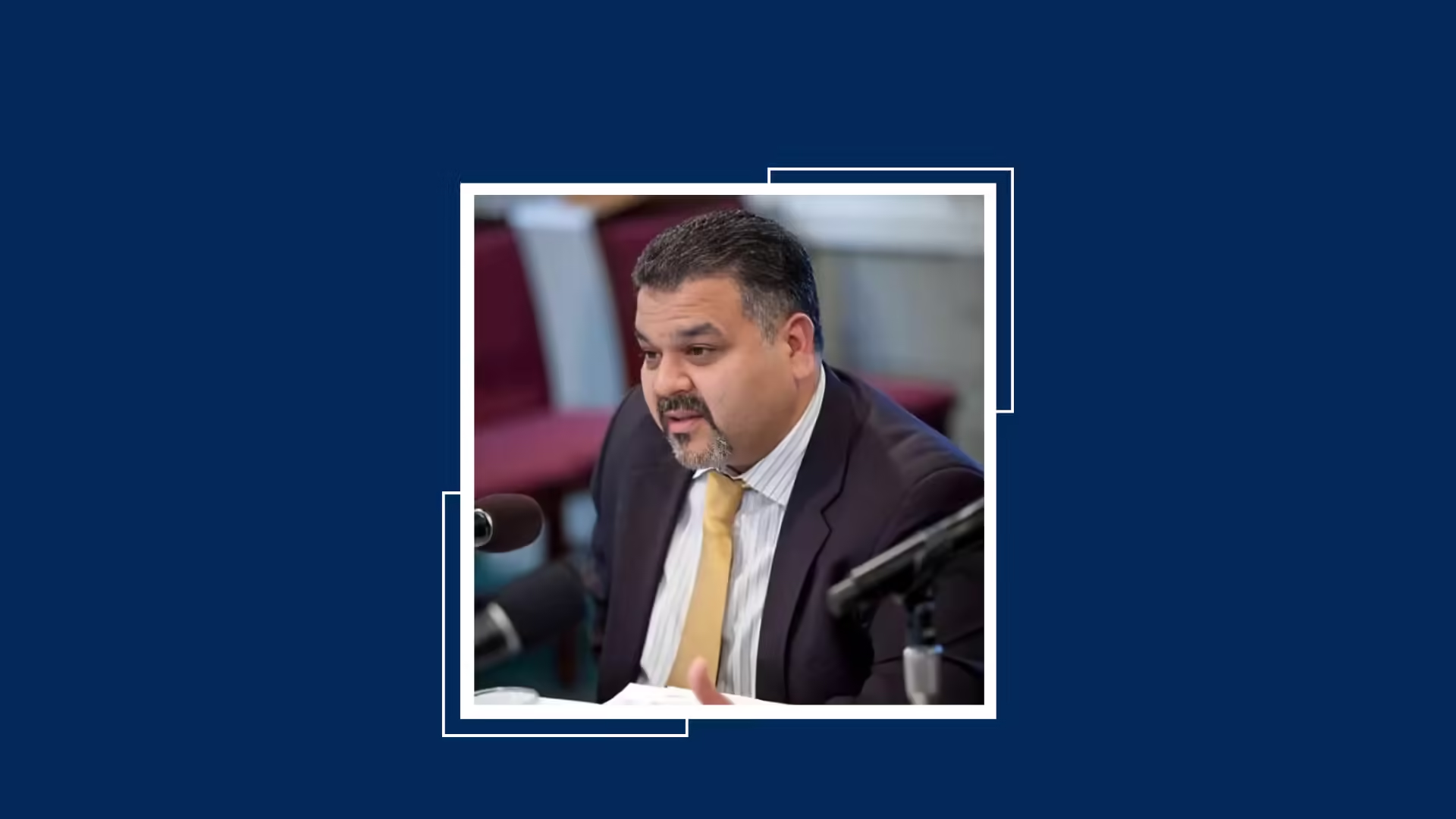Dr. Qamar ul Huda
Dr. Qamar ul Huda joined Boston College as an assistant professor in 1998. In 2002 he published a revised version of the dissertation with Routledge Sufi Series entitled, “Striving for Divine Union: Spiritual Exercises for the Suhrwardi Sufis” (London and New York).
He wrote a personal account of the new demands for his expertise following the attack on the USA on September 11, 2001. He was one of three American professors of religion who drafted letters to be submitted to Murat Kurnaz’s Administrative Review Board.
Dr. Huda joined the United States Institute of Peace (USIP) Program for Religion and Peacemaking as a senior program officer in the Department of Religion and Peacebuilding based in Washington, DC. At USIP’s Academy for Conflict Analysis and Conflict Transformation he was the director of the countering violent extremism program to supervise curriculum development and training.
The United States Department of State (State Department) hired Huda to be seconded as subject matter expert to build up Hedayah: The International Centre of Excellence for Countering Violent Extremism based in Abu Dhabi, United Arab Emirates, where he served as the first American director of a Program.
In 2012, U.S. Secretary of State, John Kerry, established a new office called The Religion and Global Affairs (RGA) to demonstrate the critical importance the role of religion plays in foreign affairs. In this office at the State Department, Dr. Huda served as a senior policy advisor in the RGA Office. Later in 2017, Huda with several colleagues co-founded the Center for Global Policy, a non-partisan independent policy think tank focused on U.S. foreign policy and national security and the geopolitics of Muslim majority countries in the Middle East, South Asia, Central Asia and Southeast Asia. He was the founding director for the Program on Conflict, Stabilization and Development where the program focused on development issues, moving from conflict toward peace processes, conflict management, and new metrics to understand stabilization. For the Center for Global Policy, Dr. Huda authored over a dozen policy briefs and a policy report entitled “A Critique of Countering Violent Extremism Programs in Pakistan.” (August, 2020). Based on this study, the Near East and South Asia Center Center for Strategic Studies (NESA) at the National Defense University (NDU) in Washington, DC, conducted an interview on the core findings of the countering violent extremism policy report, and on religion, diplomacy and global affairs.

